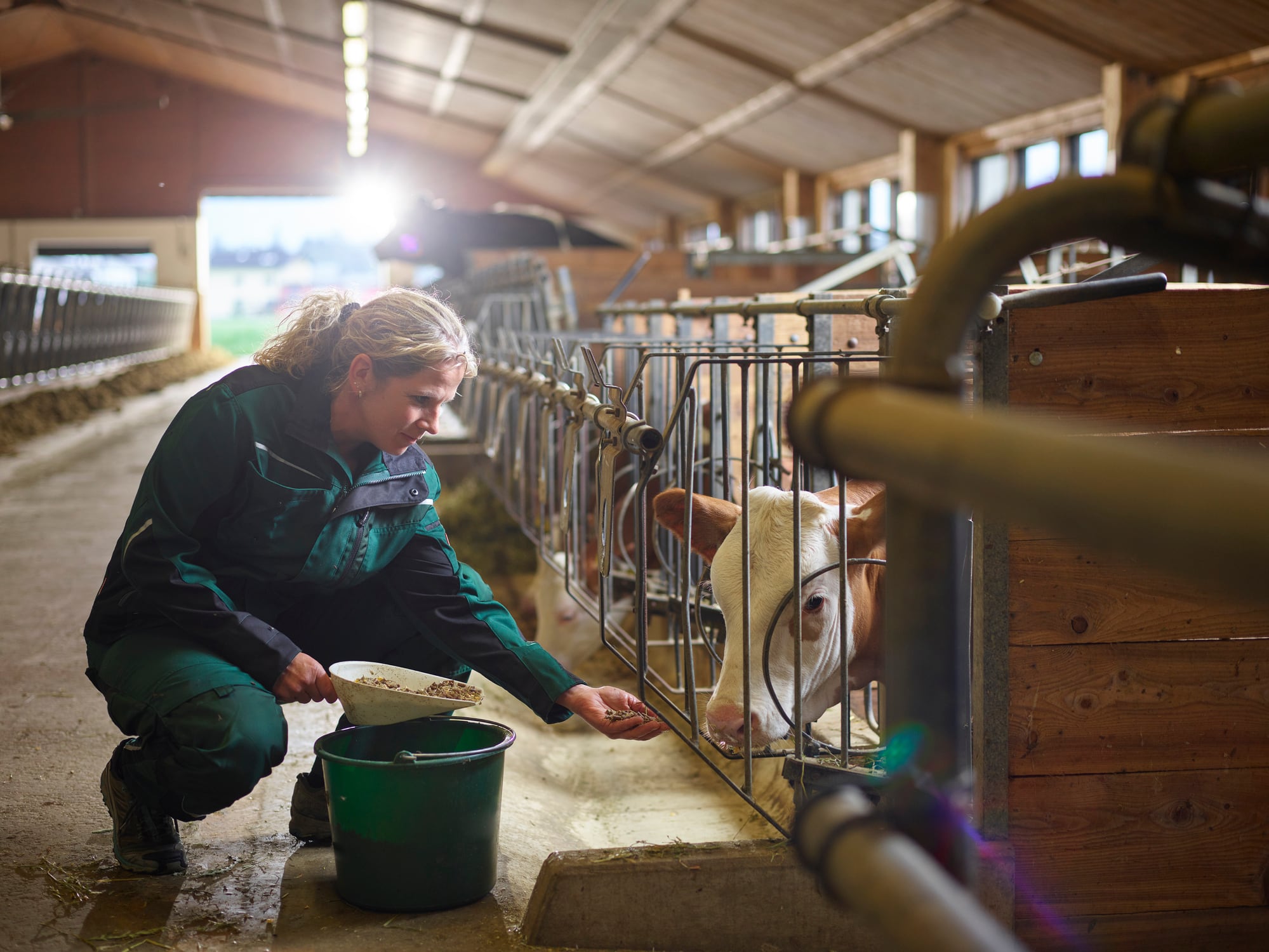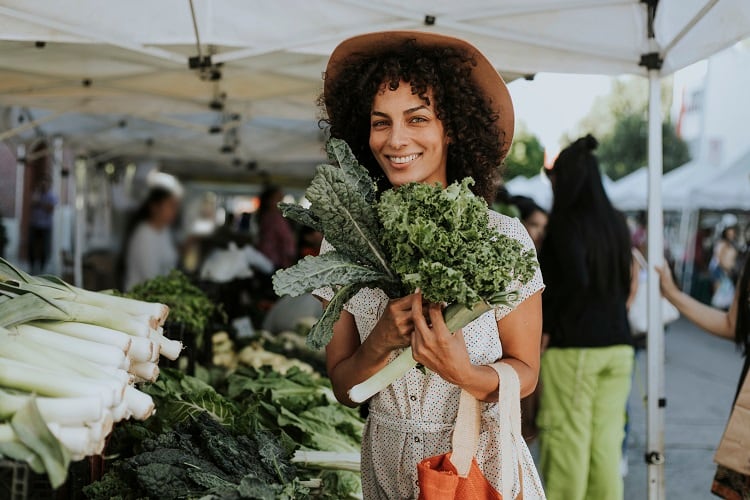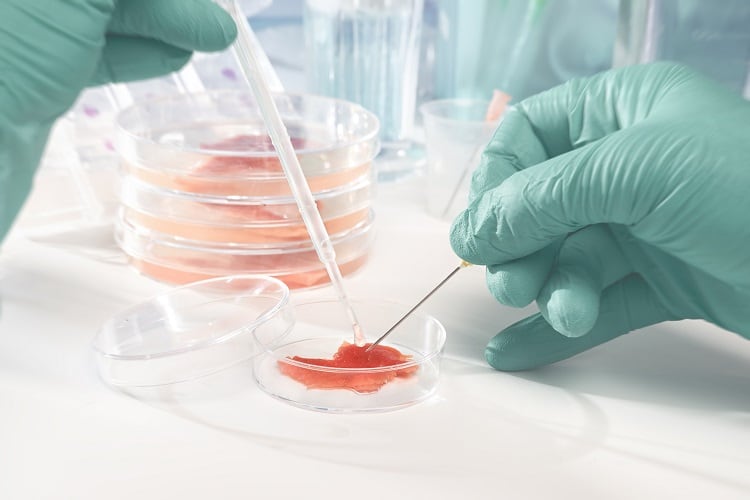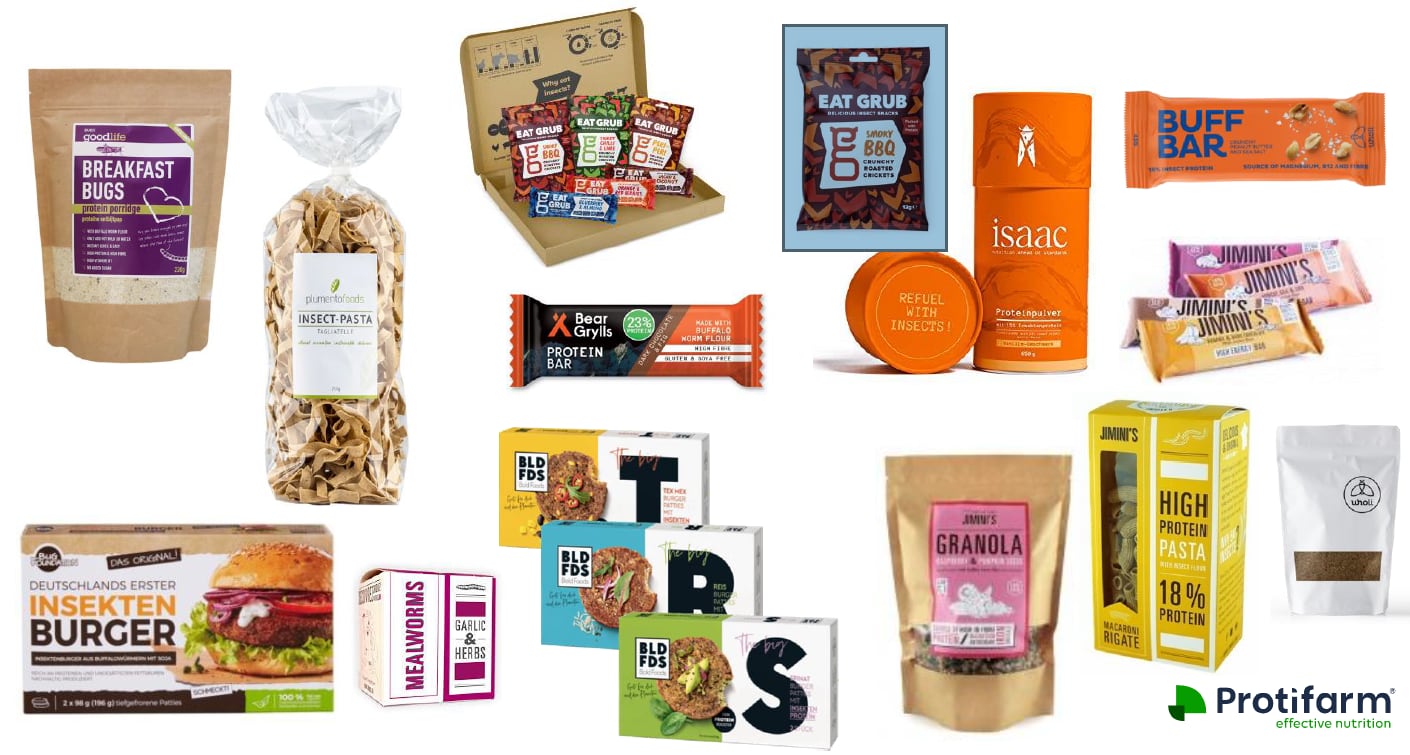Speaking at a Westminster Food and Nutrition Forum event in London last week (18 June), Patrick Holden said: “There’s a huge debate going on about what we should eat to be sustainable and healthy. If you ask most young people what that means they will say that means going vegan or vegetarian. They certainly feel bad about eating red meat. But our view is that that ruminant animals fed mainly on grass are an absolutely essential part of the transition to more sustainable farming systems.”
Red meat, he believed, was badly defined by the Eat Lancet commission and others and was receiving a “bad press”.
“Everyone including David Attenborough thinks that eating meat is bad. This is really wrong and out of line with the practices that farmers need to adopt in order to sequester carbon and rebuilt their biodiversity.
“We are flying the flag for the role of sustainably managed ruminants in sustainable farming systems.”
What to eat to be sustainable and healthy
We should link our future diets to the output of sustainable farming practices, said Holden.
“If the whole of the UK was to move to sustainable agriculture and align our diets accordingly I would make the case for the consumption of mainly grass fed ruminant products not least because nearly two thirds of United Kingdom farmed land area is in pasture and if we plough that up we’re going to have a massive problem.”
Hurrying the transition to sustainable farming
The mission of the Sustainable Food Trust is to accelerate the transition to more sustainable food and farming systems, said Holden. Himself a farmer in Wales with an 80-cow dairy herd, Holden put forward “a business case for farming in a sustainable way”.
Among the charity’s recommendations was the demand that all farms that were eligible for public support should be subject to an annual sustainability audit using a common framework of categories and metrics.
“If we are going to measure our farming sustainability and be rewarded for it we need the two to go together. I’m subject to around five audits a year on my farm,” he said. “None of them tell me if my farming practices are improving my natural capital or social capital or how I’m doing in terms of pollution.
“If we had a common international framework so that we can see the same metrics this would be a great step forward and it will enable governments to measure the impact of any public funds they introduce.”
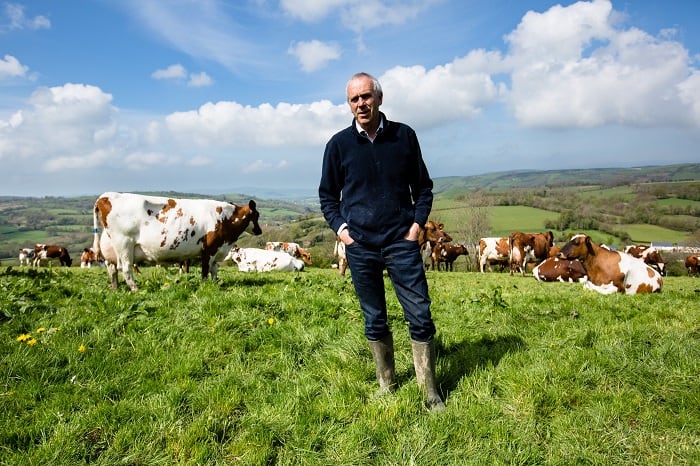
Soil carbon incentive scheme
The body has also called for incentives for farms adopting more sustainable practices. “If farmers could be paid for being soil carbon stewards that alone would be a great step towards delivering the net zero emissions target,” said Holden.
He believed there were thousands of “arable farmers who know that there farming practices have damaged there soil and their biodiversity and if they could be given the right incentives they would shift.”
Last-chance saloon for farmers
Farmers who used certain inputs such as nitrogen fertilizer that were a major source of greenhouse emissions, he added, should be financially accountable for the damage inflicted by them.
“Only if we tax damaging inputs will we create a business case that we adopt for more sustainable practices. At the moment, farmers who are trying to farm in a sustainable way are operating against an economic headwind where doing the right thing pays and doing the wrong thing doesn’t.
“It is for governments to intervene and introduce policies and mechanisms which correct these distortions thereby moving the balance of advantage to profit for sustainable practices. We have to do that because we are in the last chance saloon in terms of climate change and agriculture could make a major contribution towards getting us out of it.”


